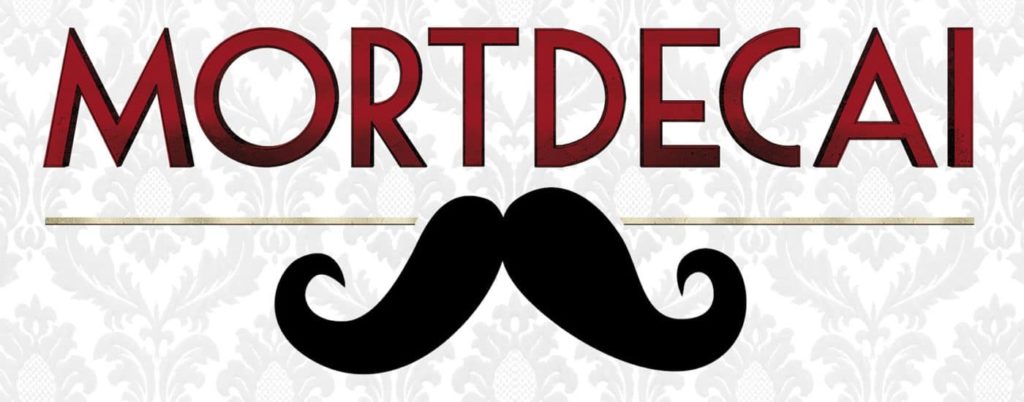Films
Mortdecai: the cult classic on the big screen
The Mortdecai novels, featuring portly art dealer and seasoned epicurean Charlie Mortdecai, are today considered ‘cult’ classics of the crime genre. Last month the film adaptation of the series, Mortdecai, starring Johnny Depp, Ewan McGregor and Gwyneth Paltrow, was released in cinemas.
As Publishing Director at Penguin Books, Tony Lacey is well acquainted with the antics of Charlie Mortdecai. Here, Tony reflects on the adaptation process that brought Kyril Bonfiglioli’s ‘cult’ crime novels to the big screen.
I came late to the Mortdecai novels. When the publisher of Black Spring Press, Simon Pettifar, decided to pursue a writing career, Penguin took over publishing his titles which included Kyril Bonfiglioli’s books. And so I read them for the first time around the end of the millennium, over twenty years after they had first been published – rather oddly, as I think about it now, since Penguin had in fact been the first paperback publisher back in the 1970s, though it had long since let them go.
As far as I understand it, Simon too had come across them serendipitously. He’d been away for the weekend, forgotten to take a book, and found an old Penguin paperback copy of Don’t Point that Thing at Me lying around at the place he was staying. He read it and immediately fell in love with it. Simon ended up reissuing all four Mortdecai novels under his Black Spring Press imprint, as well as publishing for the first time The Great Mortdecai Moustache Mystery, which Bonfiglioli had left not-quite-finished on his death in 1985. He arranged for Craig Brown to supply a penultimate chapter to complete the book – characteristically, Bonfiglioli had written the bulk of it, including a final chapter, but was leaving the crucial penultimate chapter, which would tie up all the difficult knots, till last.
It seemed as though the fate of the books was always to be what publishers call cult titles: ‘rediscovered’ every now and again by an enthusiastic editor, well-regarded by a few cognoscenti (witness the review quotes by Julian Barnes and Stephen Fry which currently adorn the paperbacks) and fairly easy to keep in print as sales ticked over at a small level – but scarcely likely to trouble the scoreboard that is BookScan. Even when Warner bought an option on film rights, I couldn’t see the books breaking out of this cult status: film options are often sold, films rarely made. But here we are, fourteen years after Penguin acquired the titles from Black Spring, and the last twelve months have proved to be something of an annus mirabilis: the latest reissue of Don’t Point that Thing at Me was selected by Waterstones to be their Fiction Paperback of the Month in June and also featured as one of the Paperbacks of the Year in the chain’s Christmas promotion; and, hey presto, the film Mortdecai has just been released.
You’ll have a lot of fun if you go and see the movie: the five-minute cameo by Paul Whitehouse playing the crooked garage owner Spinoza is worth the price of entry alone. And the gags, visual and verbal, come thick and fast as the plot hurtles from London to Oxford to LA. Surprisingly perhaps, the plot does in fact mirror that of the first book in the series, Don’t Point that Thing at Me, quite closely, though the main idea of Mortdecai risking conjugal relations by insisting on growing a moustache is taken from a later book.
Inevitably there are big differences between the books and the film. I suppose what I missed most was the sense of being included by the author in a wonderfully witty escapade. The note at the beginning of the first book says it all: ‘The epigraphs [to each chapter] are all by Robert Browning, except one which is a palpable forgery.’ Epigraphs by Robert Browning? In a crime novel?! And note how Bonfiglioli expects you to be in on the joke – he assumes that you’ll spot ‘the palpable forgery’. But this is just to say a film is different from a book. If the film stirs the curiosity of its audiences and leads them back to the novels, maybe they’ll shake off that cult status after all.


Please note: Moderation is enabled and may delay your comment being posted. There is no need to resubmit your comment. By posting a comment you are agreeing to the website Terms of Use.